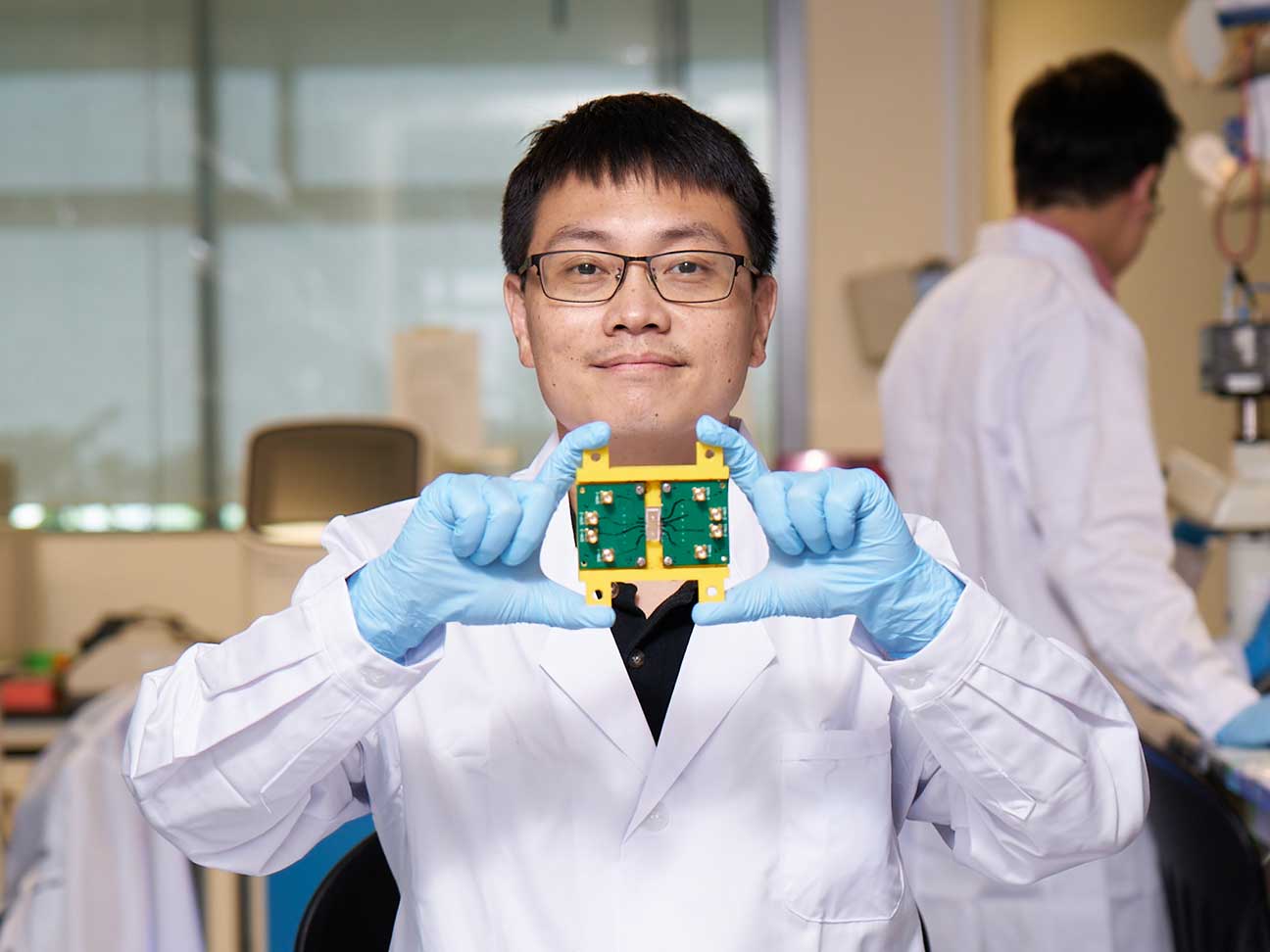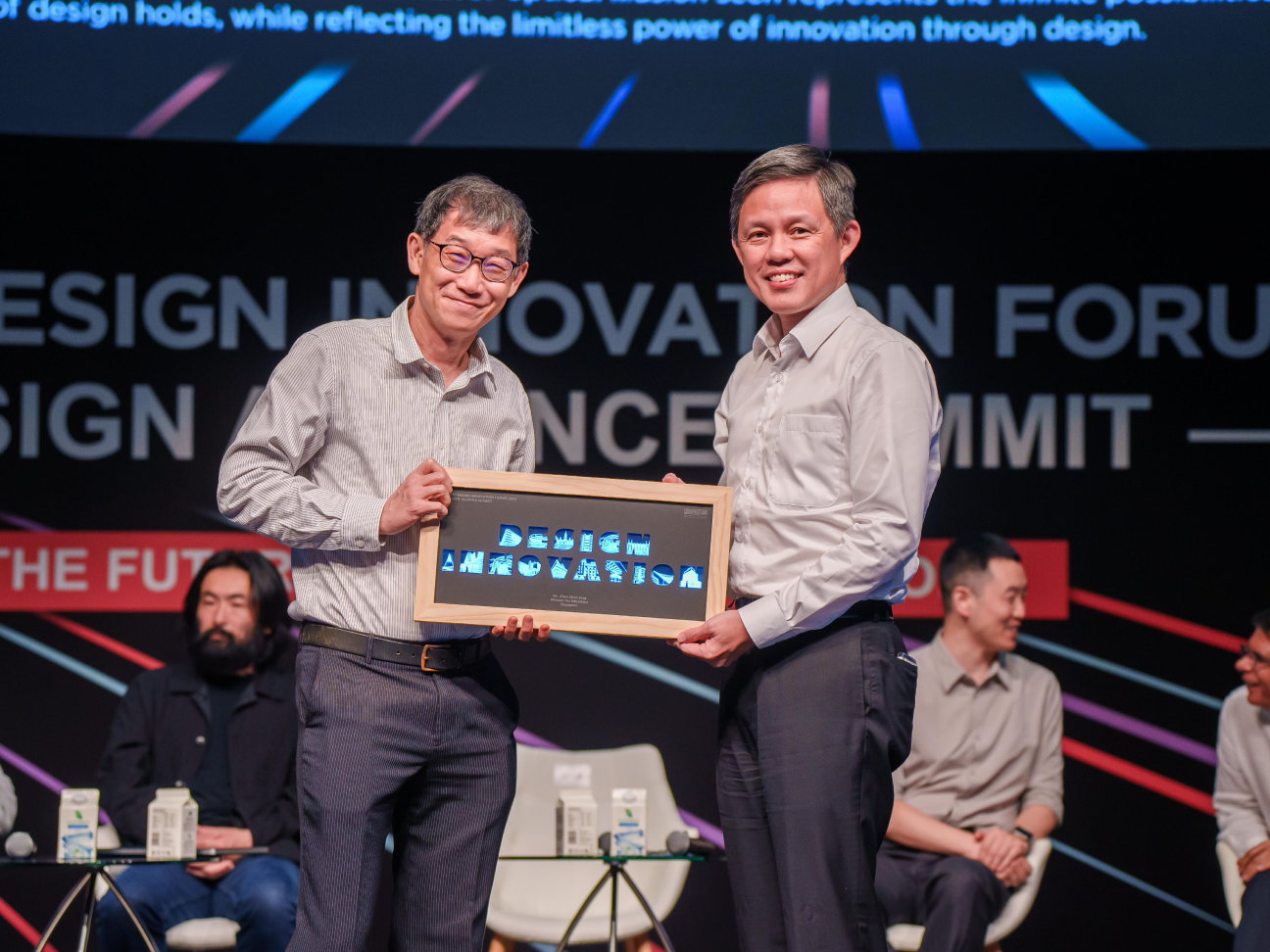Events

Neural network-defined physical layer: a new paradigm for software radio in the IoT era
ISTD PhD Oral Defence Seminar by Wang Jiazhao – The increase of the Internet of Things (IoT) has created a complex and heterogeneous wireless ecosystem, demanding IoT gateways that are both flexible and efficient. While Software Defined Radio (SDR) provides the necessary hardware adaptability, its potential is frequently undermined by significant software implementation challenges, including a lack of portability across platforms, prohibitive design complexity for advanced algorithms, and poor computational efficiency. This thesis posits that these persistent bottlenecks can be overcome by a paradigm shift in physical layer (PHY) design: reframing core communication functionalities as learnable, interpretable neural network (NN) models.


Designing and evaluating interface based reflection mechanisms to enhance deliberativeness in online deliberation platforms
ISTD PhD Oral Defence Seminar by Yeo Shun Yi – In this dissertation, PhD candidate Yeo Shun Yi will examine how reflection can be systematically supported through interface interventions to enhance the deliberative quality of user contributions.


Beyond benchmarks: measuring and strengthening generalisable reasoning in large language models
ISTD PhD Oral Defence Seminar by Hong Pengfei – This thesis addresses critical questions surrounding the evaluation and enhancement of reasoning robustness, generalisability, and comprehensiveness in modern language models, particularly under realistic conditions involving noise, ambiguity, domain shifts, and multimodal inputs.


Towards expressive, robust and generalisable multimodal learning
ISTD PhD Oral Defence Seminar by Wei Han – This thesis, aims to provide practical solutions towards basic issues such as high computational costs of multimodal learning, and giving practical solutions to each of them.


Instruments of service: architecture’s value proposition in an era of disruption and opportunity
MArch Lecture Series by Elizabeth Christoforetti & Tiah Nan Chyuan – Join us for a lecture with guest panellist Marios Tsiliakos (Partner, Foster+Partners, London). This lecture will be moderated by Ronald Lim (MSIA, RIBA, Chief-Editor, The Singapore Architect) and Assistant Professor Peter Ortner (MArch Coordinator, SUTD).


Multilevel diffusion-based domain adaptation: image, pixel, and category
ISTD PhD Oral Defence Seminar by Duo Peng – In this paper, we investigate Diffusion-Based Domain Adaptation, leveraging emerging
diffusion models to address domain adaptation tasks. The motivation behind our research stems from the powerful distribution transformation capabilities of diffusion models, which we aim to harness to help AI models adapt to new data distributions.


Learning text styles: a study on transfer, attribution, and verification
ISTD PhD Oral Defence Seminar by Hu Zhiqiang – This thesis advances the computational understanding and manipulation of text styles
through three interconnected pillars: (1) Text Style Transfer (TST); (2) Authorship Attribution (AA); and (3) Authorship Verification (AV), determining whether two texts share the same authorship.


Guided cooperation for multi-agent teams
ISTD PhD Oral Defence Seminar by Pamela Wang – The thesis will study various degrees of centralisation in cooperation mechanisms, spanning from fully centralised planning-based approaches to fully decentralised communicating agents.


Extracting and reasoning with structured information in natural language and beyond
ISTD PhD Oral Defence Seminar by Chia Yew Ken – This thesis investigates the crucial role of structured information in natural language processing and artificial intelligence, with a focus on its extraction, utilisation, and extension to multimodal reasoning.


Domain-aware stealthy attack and digital-twin-based defence for critical information infrastructures
ISTD PhD Oral Defence Seminar by Wei Lin – Critical Information Infrastructures (CII) encompass the fundamental computer systems that ensure the continuous delivery of essential services, including sectors such as energy, water, and infocomm. Safeguarding these systems against both physical and cyber threats is crucial to maintaining the continuity and resilience of the services they support.





